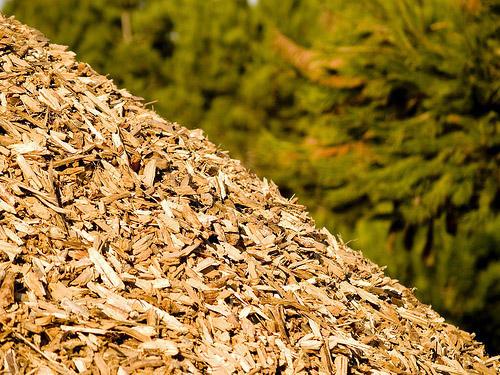37036 San Martino Buon Albergo, Verona (VR)
Phone (+39) 0454949590 - Fax (+39) 0454949597
info@argoit.com - www.argoit.com
Communication is also knowledge sharing
What are biomass?
Reference: Energy from Environment
What are biomass and how do we use them?
Biomass are organic materials of byologic origin produced from animal or plant or or no fossilized sources, which emplyment in the energetic field consists in its use in the form of fuel, to replace or supplement natural or fossil fuels such as hydrocarbons, carbons e natural gas.
The validity of the biomass as fuel lies in their content of carbon and hydrogen, similarly to fossil fuels, always referable to a compound type Carbon-Hydrogen plus other ary secondmolecules.
Regarding biomass coming from plans sources, they're products a product of CO2 emissions globally null because carbon dioxide emitted is the same that plants absorbed to grow.
From the fermentation of some plants such as the sugar cane or others, it's possible to obtains biofuels, in particular it's possible to obtain high octane fuels for uses in "gasoline" engines and fuels similar to gas oil for diesel engines (biodisel), over, of course, all the other applications where fuels of fossil source are used.

Energy characteristics
In terms of energy characteristics there's a wide range of Calorific Values especially with regard to the emplyment of plant biomass used "such as" (after trituration and possible drying) because clorific value depends on type of wood used and the humidity residual moisture in it.
By way of example you can consider the calorific value of commercial pellets that is around 16 MJ/kg, while for gas oil the same parameter is 42MJ/kg.
this means that to reach ltha same thermal power is necessary a consumption of pellets higher by a factor approximately 2.5 times compared to diesel fuel.
With regard to the ethanol, calorific value is about 40% lower than gasoline one, but it presents a numbr of di octane higher compared to this one. Therefor used in a motor, on one side increase consumptions at cause of the need of mixture air - combustibile rich of hetanol compared to gasoline one, the other it's make possible the use of higher compression rates with benefits benefici on the performance of the same engine.
A comparison between diesel and biodisel instead, presents values of calorific power quite similar, even if the characteristics of the 2 fuels require a certain attention and optimization to be exploited to best.
 Advantages and problems of biomass
Advantages and problems of biomass
Biomass knew a big development for a concomitance of different factors, first of all, the scarsity of fossil fuels and the next consequent increase of the price of oil, secondly by a greater awareness towards environmental themes.
The use of waste of joinery and cleaning of the undergrowth (as regard biomass from wood), as well as the use of excess production of plantation like sugar cane for example (as regard biofuells) provided in origin material for the production of raw material, but the growing demand push mor and more the economic system economico to produce specifically biomass through the creation di of dedicated areas intended for the production thereof.
This process made clear especially as regards the plantations designed to biofuells, criticity of this resource because to follow biofuell business has proceeded to steal land for normal agricultural use for food, with consequant increase of prices of primary resources such as grain and cereals in general, making more and more precarious the sustainability of the underdeveloped countries that converted their territories to this use.
Taken from https://www.argoit.com/en/sezione_id,2/newssez_id,14/what-are-biomass/communications.html
Division Environment Division
